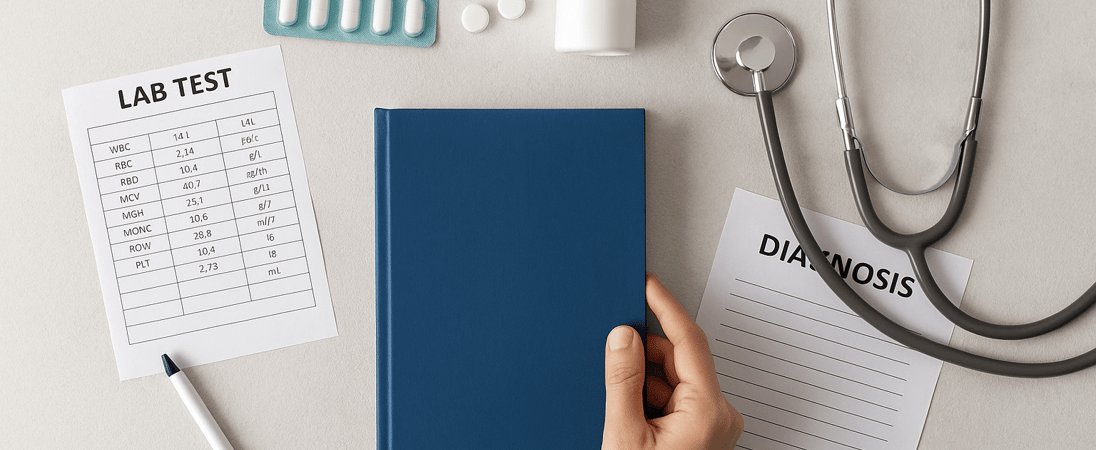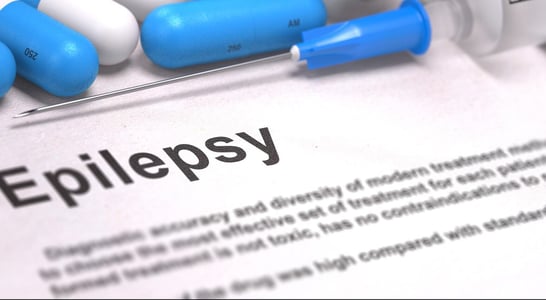
National Disease Literacy Month
National Disease Literacy Month invites people to learn about their illnesses and the care options around them.
It shines a light on knowing your health condition and what services can help you make smart choices. It welcomes anyone who seeks clarity and confidence in their health journey.
Grounded advice from groups like Project Pneuma, Mesothelioma Help, and Paragon Healthcare highlights that understanding one’s condition can guide better decisions and support a healthier life.
People with low health understanding often miss critical care steps, from medication errors to skipped screenings, and they may struggle with confusing instructions.
Simple language, clear explanations, and asking questions can ease that burden.
When health details feel within reach, folks gain control and can act, not just react. That shift can brighten how everyone—from families to communities—handles health matters.
How to Celebrate National Disease Literacy Month
Discover ways to connect, learn, and inspire others to better understand health and illness. Here are simple yet meaningful ideas to boost disease awareness and clarity for everyone.
Host a Plain-Talk Corner
Invite neighbors or coworkers to gather in a casual spot. Offer clear, jargon-free handouts or simple visuals about common conditions. Let people ask real questions and share.
Create a “How It Works” Post
Make a short, visual breakdown of a medical process. Use everyday words. Post it to social media or hang it in a local space. Let understanding grow one simple glance at a time.
Run a Friendly Quiz Activity
Write an easy, fun quiz with health terms and definitions. Use a question-and-answer format and clear phrasing. Let people test what they know—and teach them what’s new.
Share Trustworthy Tools
Pick one reliable site or video that explains a disease in plain words. Share it with friends or family. Suggest they watch or read and talk about what they learn together.
Pair Up for Support Chats
Team up with someone to talk through what you both learn. Ask each other questions. Clarify tricky terms. Helping a friend can help you understand better, too.
History of National Disease Literacy Month
National Disease Literacy Month began with one clear goal, which was to help people understand their health conditions in everyday language.
It grew from the vision of a group called the Hemonauts, who work closely with children and families facing chronic illnesses.
They wanted medical terms to feel less like a puzzle and more like plain, useful information anyone could grasp.
The idea took root as more people saw how low disease understanding could lead to mistakes, fear, and missed care.
Health groups and educators joined the cause, helping spread the message that knowledge is a form of care in itself.
They shared stories, simple guides, and hands-on activities to turn complicated topics into clear steps.
Public calendars began listing the month alongside other national awareness events.
Awareness guides from health organizations and advocacy groups added it, giving it a place in the broader health conversation.
Over time, its message reached classrooms, clinics, and community centers. Now, it stands as a call to learn, share, and talk openly about illnesses that affect daily life.
The month’s history shows that when information is easy to understand, people can take better control of their health and decisions.
Also in ...
View all holidaysGinger Cat Appreciation Day
Though they have a reputation for being total doofuses, ginger cats are actually—wait no, that’s right. Give your ginger doofus a big hug and some cat treats.
National Tofu Day (UK)
Try a healthier, often more eco-friendly option in your meals instead of meat. Try tofu stir-fry, tofu in taco bowls, or even a sweet, moist tofu-based dessert.
We think you may also like...
SUDEP Action Month
Don’t just raise awareness: on SUDEP Action Month, take actions to help all of society understand sudden death from epilepsy and how to mitigate the risk.
Sepsis Awareness Month
Join or host an event, educate yourself, and raise awareness about the causes and signs of sepsis. It could save your life or the life of another someday.







